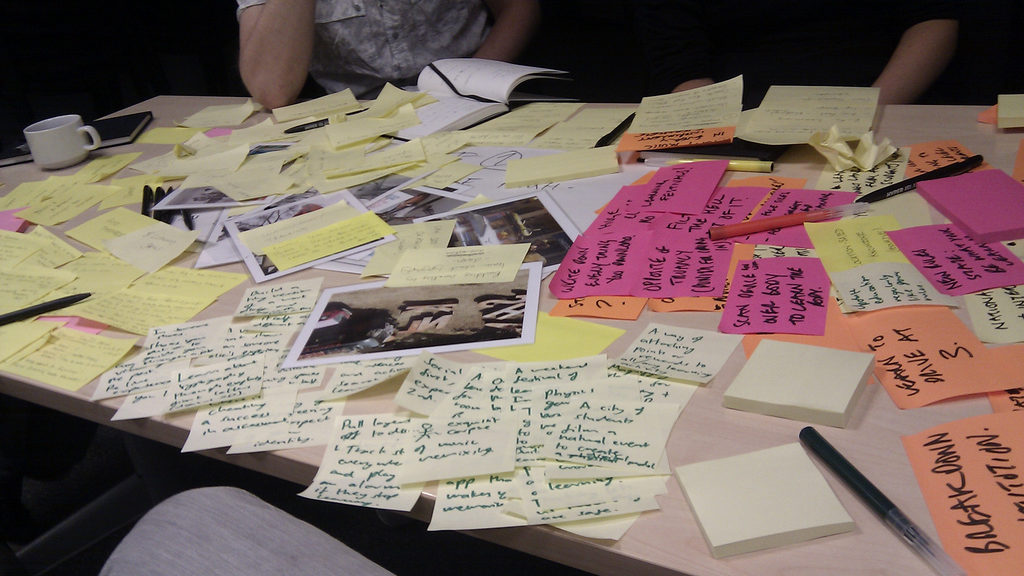I have had many business ideas over the years and the vast majority of them I have not acted upon, for various reasons. Sometimes it’s time, money or the fact I don’t have the core skills or resources to make this work. In this blog we are exploring this cognitive process which everyone undertakes to investigate the opportunity. The aim is to support you in using this best practice when discovering a business opportunity.
The process of discovering a business idea is a varied and complex one and may occur over several years or during a split second. However, we can summarise some of the key mechanisms which occur during this mental process. An idea is just that and needs to be added to and then validated to make an opportunity.
The nascent entrepreneur enters the process with three sets of characteristics which can be split into Sociological factors, Demographic factors and Psychological factors. The Demographic factors are Age, Gender, Education level, Marital Status, Occupation, Population Growth, and Migration. These Sociological factors are Religion, Family, Network, Income & Wealth , Transport, Social Mobility, and Household Composition. The Psychological factors are Need for achievement, Need for autonomy, Internal Locus of control, Risk-taking propensity, Entrepreneurial Self Efficacy, Creative & innovative, and Motivational.
These characteristics form the basis from which the nascent entrepreneur sees, finds and more importantly validates the business idea and the potential opportunity. This prior knowledge and competency in entrepreneurship sets the nascent entrepreneurs on the path. The trigger for this to occur varies, from long term intention to a point in time when either the need or the opportunity presents itself. The entrepreneur will bring forth a range of capitals which will be used to resource the venture these we term the Startup Entrepreneur Capitals. These can be brought down to Financial, Intellectual, Experiential (Human), Social, Cultural, Spiritual, and Material. These set what resources could be used in the first instances to start the business. After the business is started you can find new resources.
Once the basis for the idea is found, the next stage is to analyse if it is exploitable? On a cognitive level, the nascent entrepreneur needs to understand the probability of success based on the personal investment available of resources to facilitate enough time to get the venture to profit. Then we need to understand will the venture be profitable enough to compensate for their opportunity costs.
Once the nascent entrepreneur has validated an opportunity for them, they then need to scope it to understand the trajectory of the business and the potential scale. The required scale of a business is dependent on the industry and market and the ability of the team to manage it.
The business then requires to be designed by the nascent entrepreneur. However, with no or little experience in designing a business, they need to connect the opportunity with their vision, the businesses mission and set the strategy and objectives to meet.
Once they have thought this out they can start modelling the business, through tools like the business model canvas and potentially developing a business plan.



